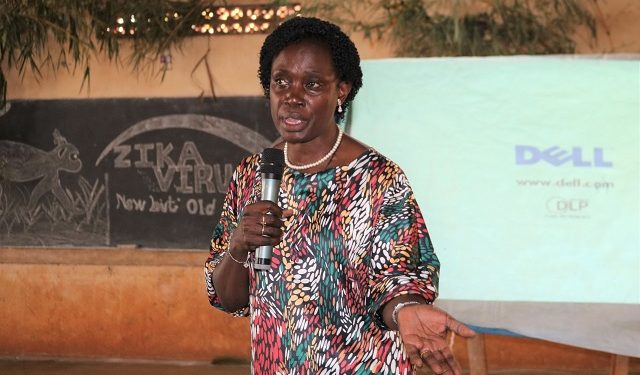By THE INDEPENDENT UG
Kampala, Uganda | THE INDEPENDENT | Uganda marked World Epilepsy Day on Tuesday by launching epilepsy surgery, to be conducted by Ugandan doctors. According to Makerere University School of Public Health, approximately 1 to 2 percent of Uganda’s population suffers from epilepsy, with the highest prevalence in Eastern Uganda, followed by the Central and Western Regions, while the Northern Region reports the least figures.
Dr. Angelina Kakooza, a child neurologist and associate professor of pediatrics, stated that Ugandan doctors have developed the capacity to perform epilepsy surgeries, a procedure initially initiated by American doctors at Cure Hospital-Mbale. The surgery involves removing the area of the brain where seizures occur.
However, Dr. Kakooza emphasized that doctors will assess patients to determine the necessity of surgery. While surgery may not be an option for everyone, it is most effective when seizures consistently occur in a specific location in the brain, and surgery becomes an option after at least two anti-seizure medications have failed.
Dr. Juliet Nakku, the Executive Director of Butabika National Referral Hospital, highlighted the fact that many individuals with epilepsy avoid seeking medical treatment due to various myths and misconceptions about the disease. She stressed the importance of raising awareness about epilepsy, emphasizing that it is a medical condition that can be treated in health facilities.
Dr. Nakku noted that with the introduction of epilepsy surgery in Uganda, neurosurgeons will conduct tests to identify points in the brain causing abnormal wave activity and remove them. Trained experts in the field are available to provide this service.
Dr. Richard Idro, an associate professor of pediatrics and child health at Makerere University, mentioned collaboration with different institutions to train individuals in Uganda, enhancing the availability of the service.
World Epilepsy Day, observed on the 2nd Monday of February each year, aims to raise awareness about epilepsy, its treatment, and the measures required to provide treatment to all those in need.
URN







Discussion about this post